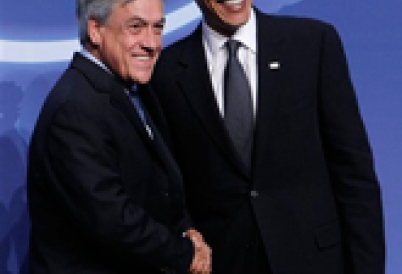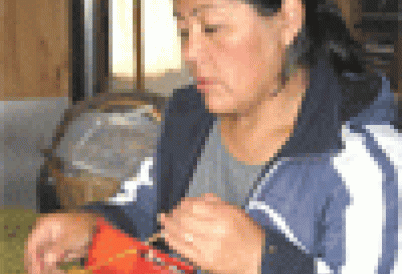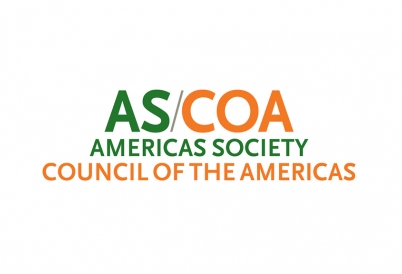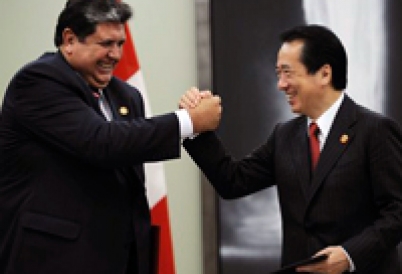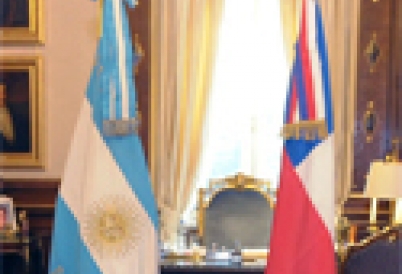U.S. President Barack Obama meets with heads of state from four Latin American countries in March—first when Mexican President Felipe Calderón visits Washington, followed by Obama's tour of Brazil, Chile, and El Salvador later in the month. AS/COA Online explores topics on the agenda in each case.
The merger of the Colombian, Chilean, and Peruvian stock exchanges is a milestone for hemisphere finance—and a sign of renewed economic confidence.
Protests in southern Chile over proposed fuel increases cast a spotlight on rising energy costs and echoed recent Bolivian demonstrations.
Artisans and local producers are reaping the benefits of the increased market access that comes through a new model of reconstruction and income recovery.
Brazil, Chile, Colombia, and Costa Rica elected new presidents in 2010. AS/COA Online takes a look at these new leaders and considers the major events shaping their presidencies.
Peru and Chile’s presidents made use of their time in Asia to carve out trade deals on APEC’s sidelines. Lima closed a deal with South Korea and concluded negotiations with Japan while Chile inked a pact with Malaysia and announced it would start negotiations with Thailand.
The dispute over Argentina's decision to grant political amnesty to a Chilean ex-guerilla fighter "will have no lasting impact, though it does reveal growing differences within the region that will continue to spark friction," writes AS/COA's Christopher Sabatini for World Politics Review.







